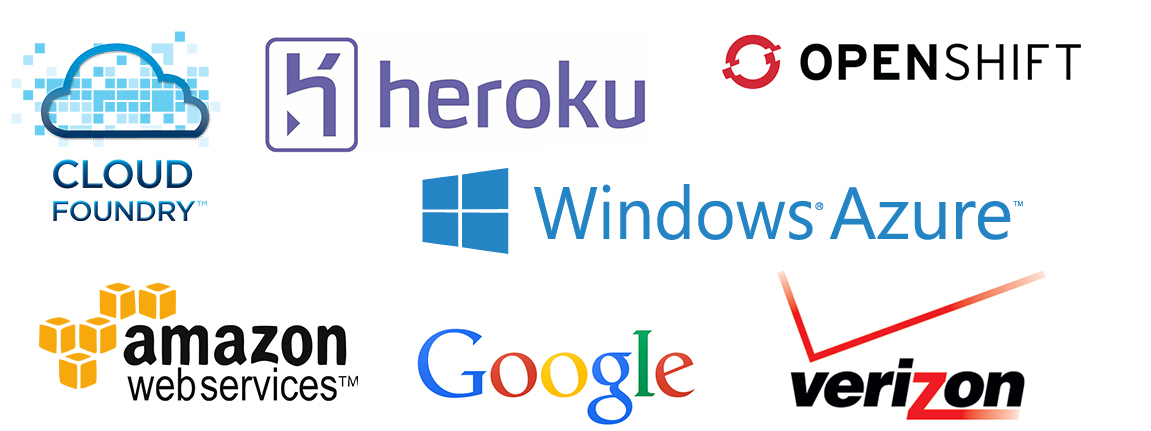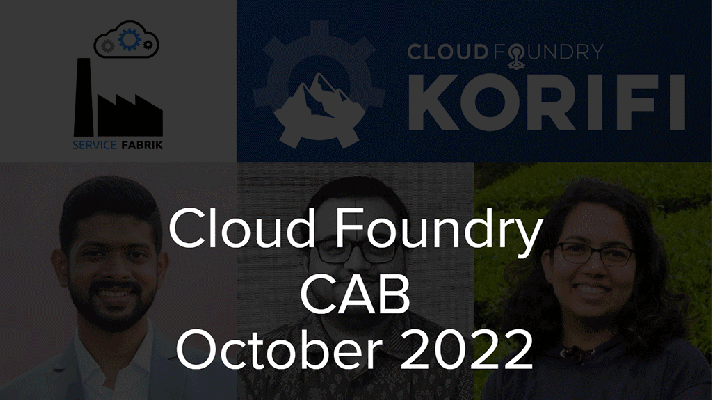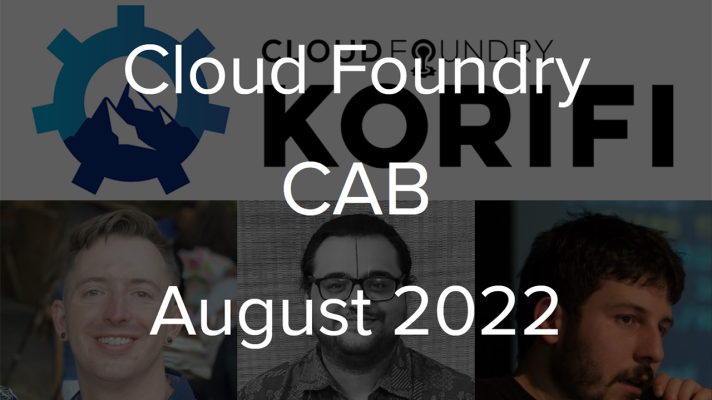PaaS News Summary: November 2013

Highlights
- Pivotal Released the Pivotal One Platform Based on Cloud Foundry
- Canonical to Launch an Integrated OpenStack-Hosted PaaS
- Verizon to Integrate Cloud Foundry with Verizon Cloud
- Red Hat Halves the Prices for OpenShift Online’s Gears
- Amazon Launches Virtual Desktops and Adds Postgre Support to RDS
- Salesforce.com Enables Heroku1-Salesforce1 Synchronization
- Windows Azure: Three New Services Are Generally Available
- Google App Engine v1.8.8 Includes Dedicated Memcache
In detail
1. Pivotal Released the Pivotal One PaaS Based on Cloud Foundry
Pivotal announced the release of Pivotal One, a platform that includes two offerings: Pivotal CF, an enterprise distribution of Cloud Foundry, and Pivotal One Services, a collection of tools that can run on Pivotal CF. To learn what this means for the PaaS market, read the blog post by Renat Khasanshyn, CEO of Altoros.
2. Canonical to Launch an Integrated OpenStack-Hosted PaaS
Canonical is going to provide an integrated OpenStack-hosted PaaS with the next major release of Ubuntu. The platform will be based on Cloud Foundry—see more for details.
3. Verizon to Integrate Cloud Foundry with Verizon Cloud
On Nov 12, Verizon announced that they will integrate the Cloud Foundry PaaS with their Verizon Cloud. In addition, the company is joining the Cloud Foundry Community Advisory Board (CAB). Together with IBM, Intel, Pivotal, and other companies, they will work on accelerating Cloud Foundry adoption.
4. Red Hat Halves the Prices for OpenShift Online’s Gears
This November, Red Hat cut hourly prices for OpenShift Online’s gears (resource containers). Depending on the specs, gears now cost 50% less: from $0.02 to $0.10 per hour.
5. Amazon Launches Virtual Desktops and Adds Postgre Support to RDS
At the AWS re:Invent conference, Amazon announced a new service: Amazon Workspaces (a virtual desktop infrastructure). The company also added a support for PostgreSQL as part of Amazon RDS.
6. Salesforce.com Enables Heroku1-Salesforce1 Synchronization
Although Salesforce.com acquired Heroku—a cloud service for building and deploying applications—back in 2010, there was little integration between them. This changed with the announcement of Heroku1 at the annual Dreamforce conference. Using the new tool, Heroku-based systems now need less effort to sync business data with Salesforce applications.
7. Windows Azure: Three New Services Are Generally Available
Microsoft announced general availability of three offerings: Windows Azure Biz Talk Services (a cloud-based integration service), Windows Azure Active Directory (an identity access management service), and Windows Azure Traffic Manager (a load balancing service for highly available applications).
8. Google App Engine v1.8.8 Includes Dedicated Memcache
Google released App Engine v1.8.8, announcing general availability of dedicated memcache. The new feature makes it possible to scale caching capacity without having to manage multiple memcached VMs.
For further PaaS updates, subscribe to our blog or follow @altoros.
with assistance from Alexander Sologub.







